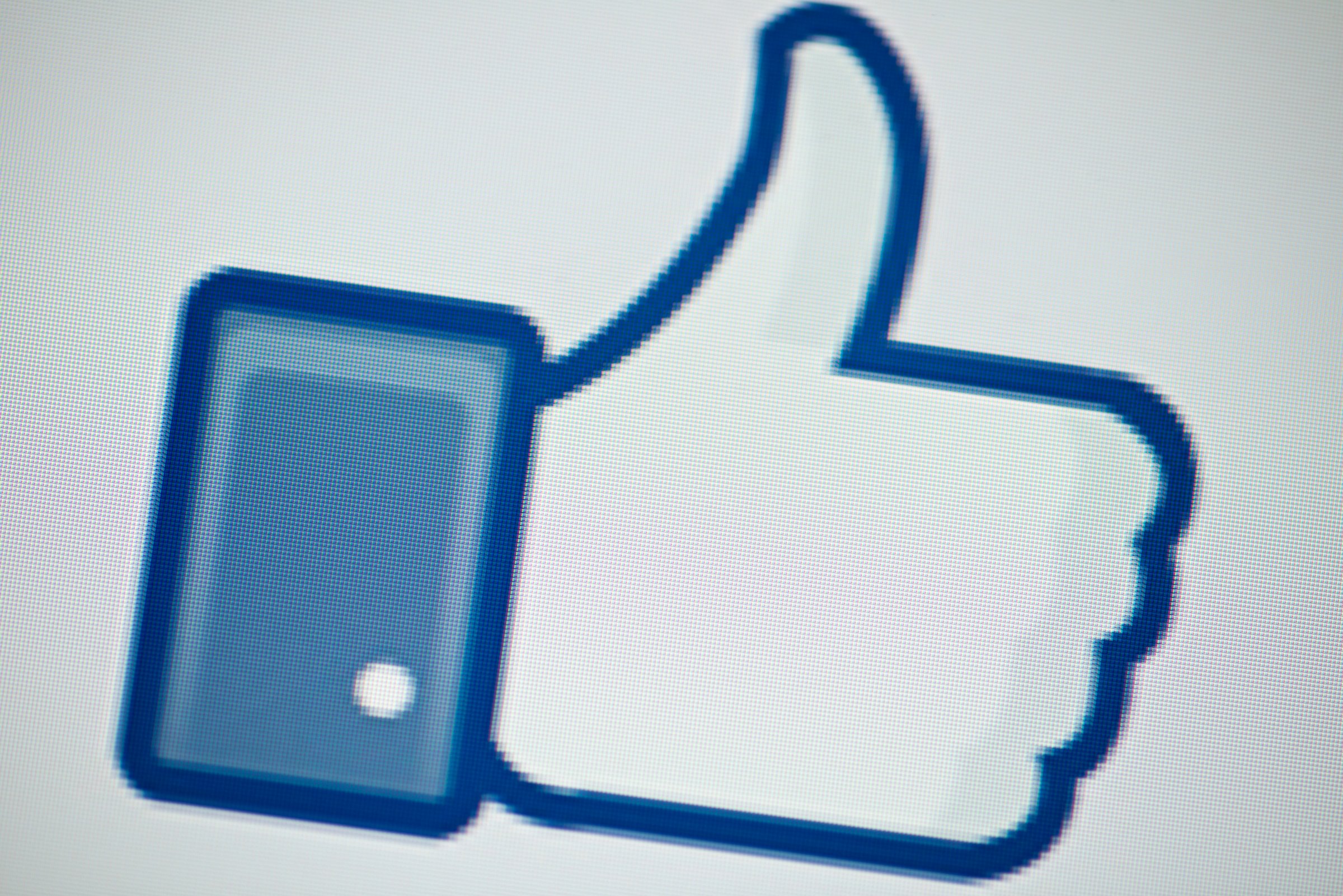
Facebook CEO Mark Zuckerberg isn’t too keen on adding a “Dislike” button to the service, he said in a Q&A event Thursday. But Zuckerberg did float the idea of a new button for “sad moments” when pressing “Like” just doesn’t feel right. That’s why Facebook engineers recently toyed with a Sympathize button, a concept well-received by Facebook’s staff as well as the larger public.
But Facebook hasn’t implemented “Sympathize” yet. It’s still thinking about “the right way” to go about adding such a feature, Zuckerberg said, leaving users hanging. What’s taking so long?
It could be because implementing another Facebook button is a terrible idea — particularly to represent an emotion deeper than “Like.”
This Is What Your Facebook Profile Looked Like Over the Last 11 Years
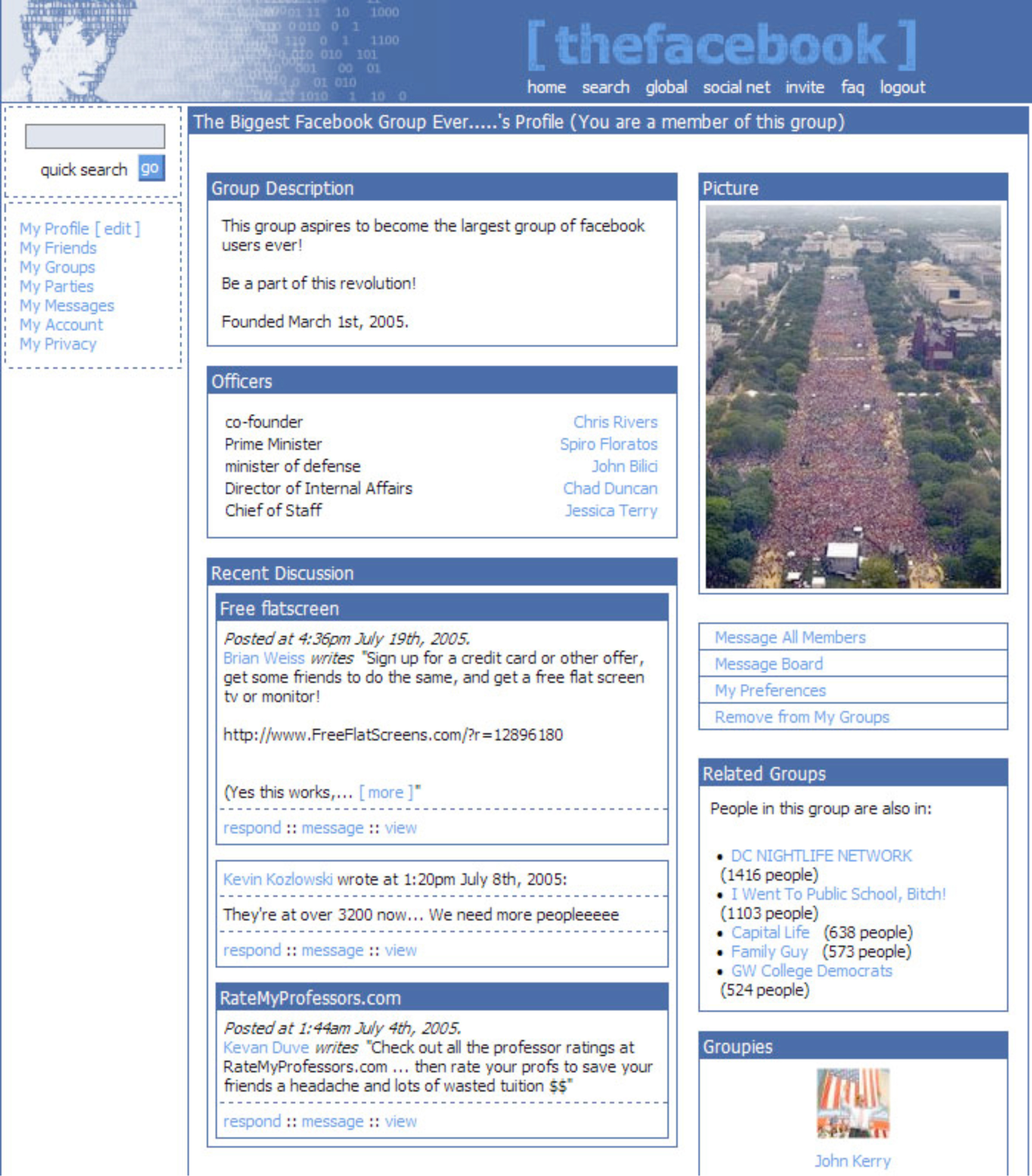
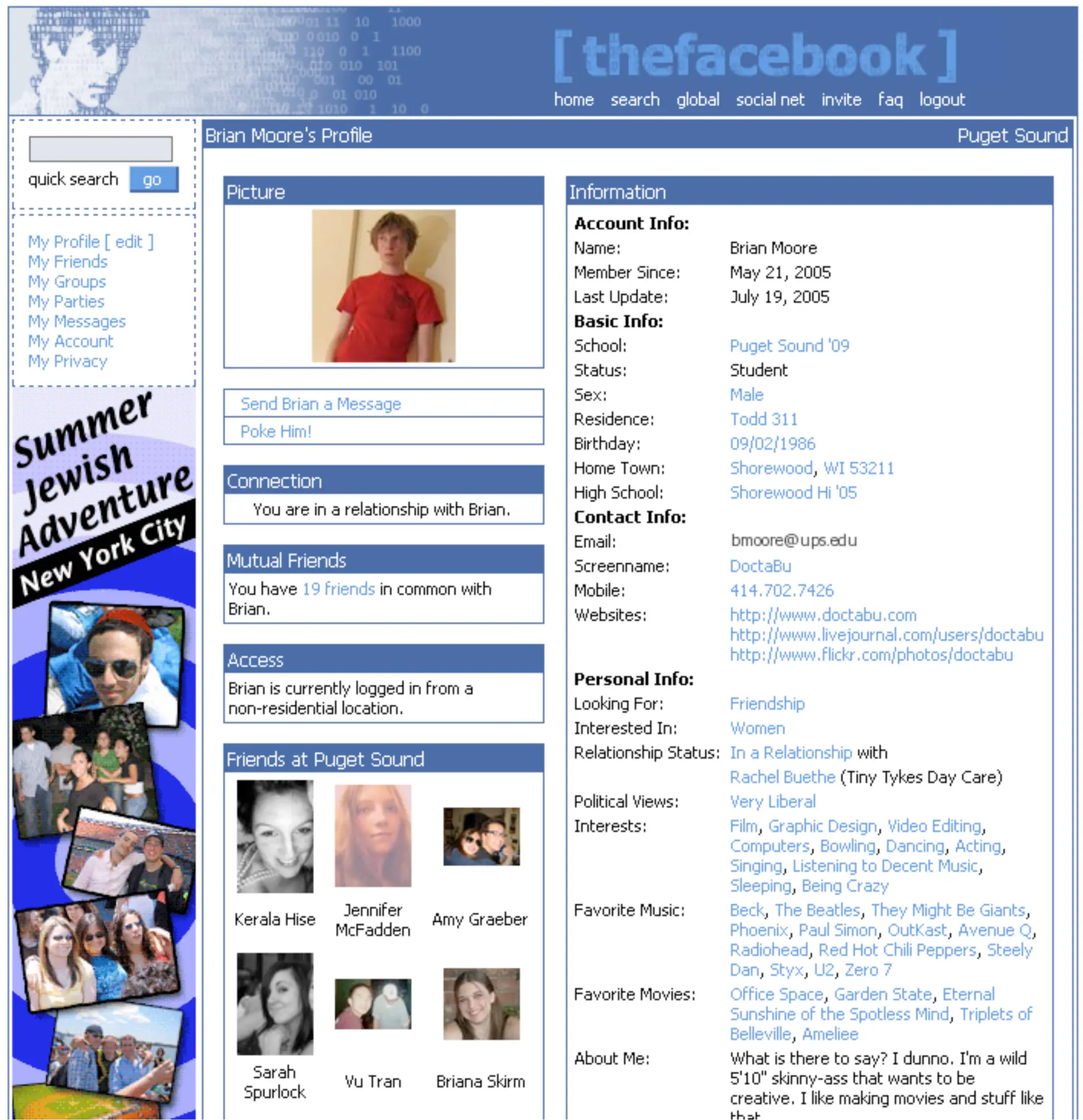
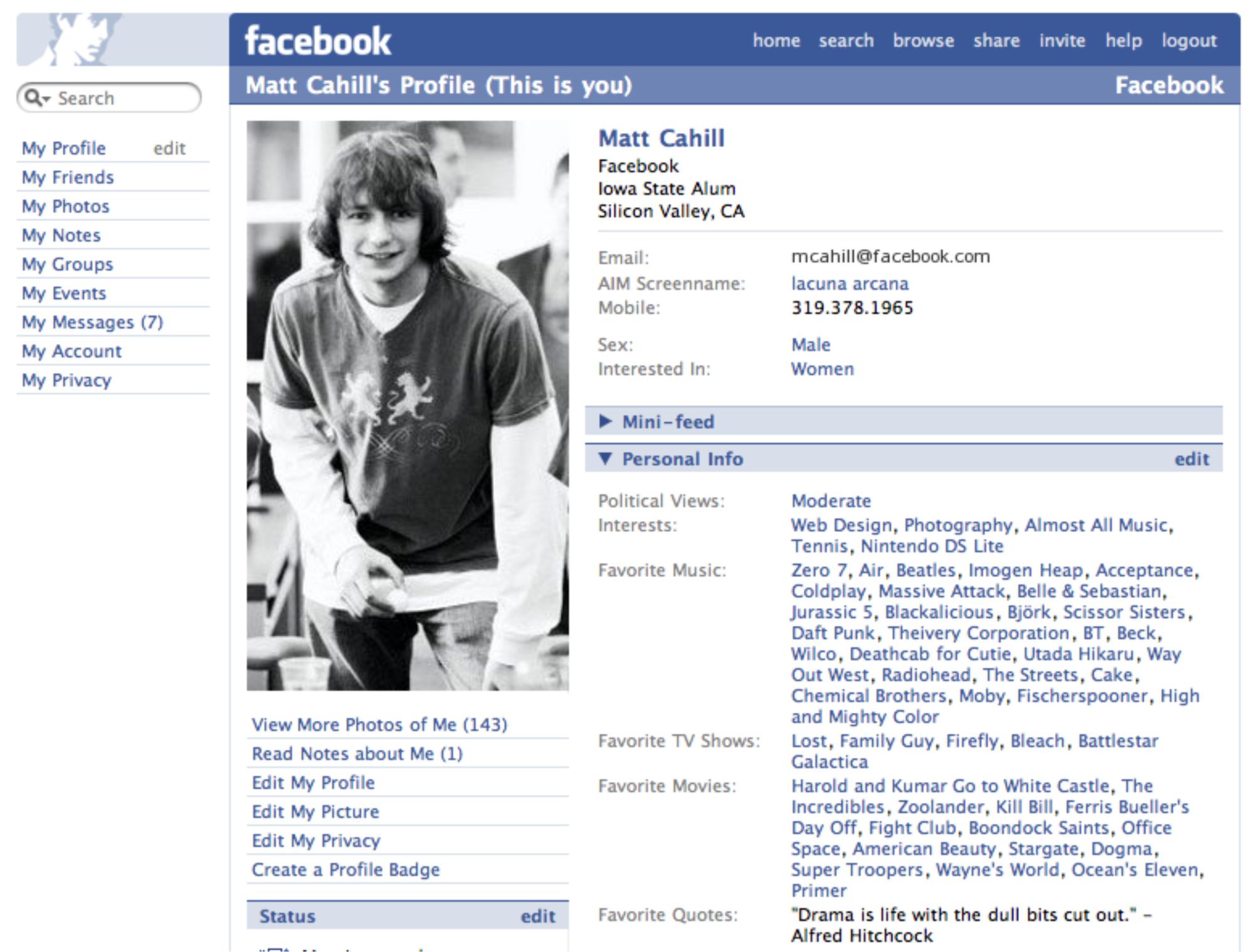
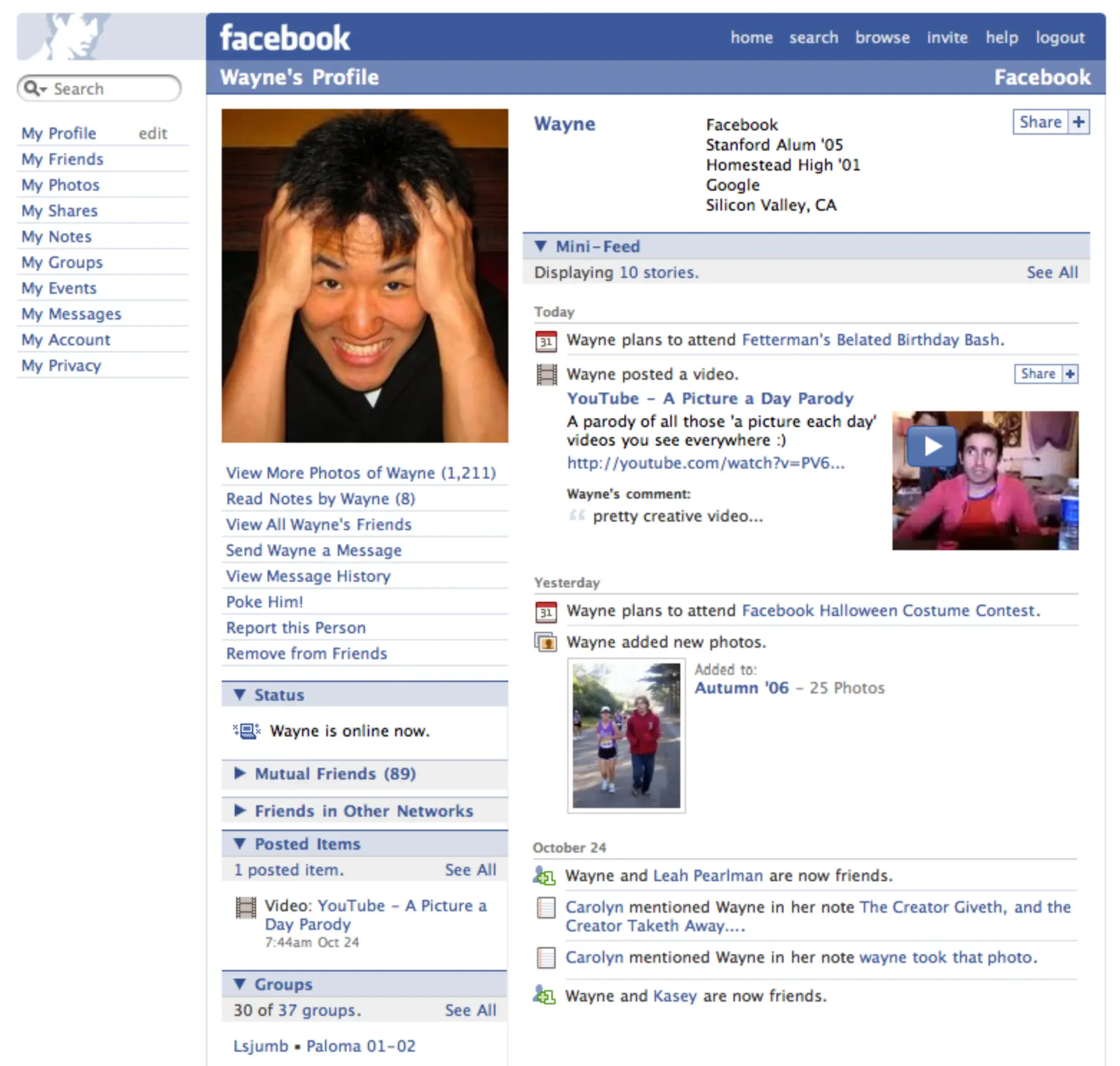
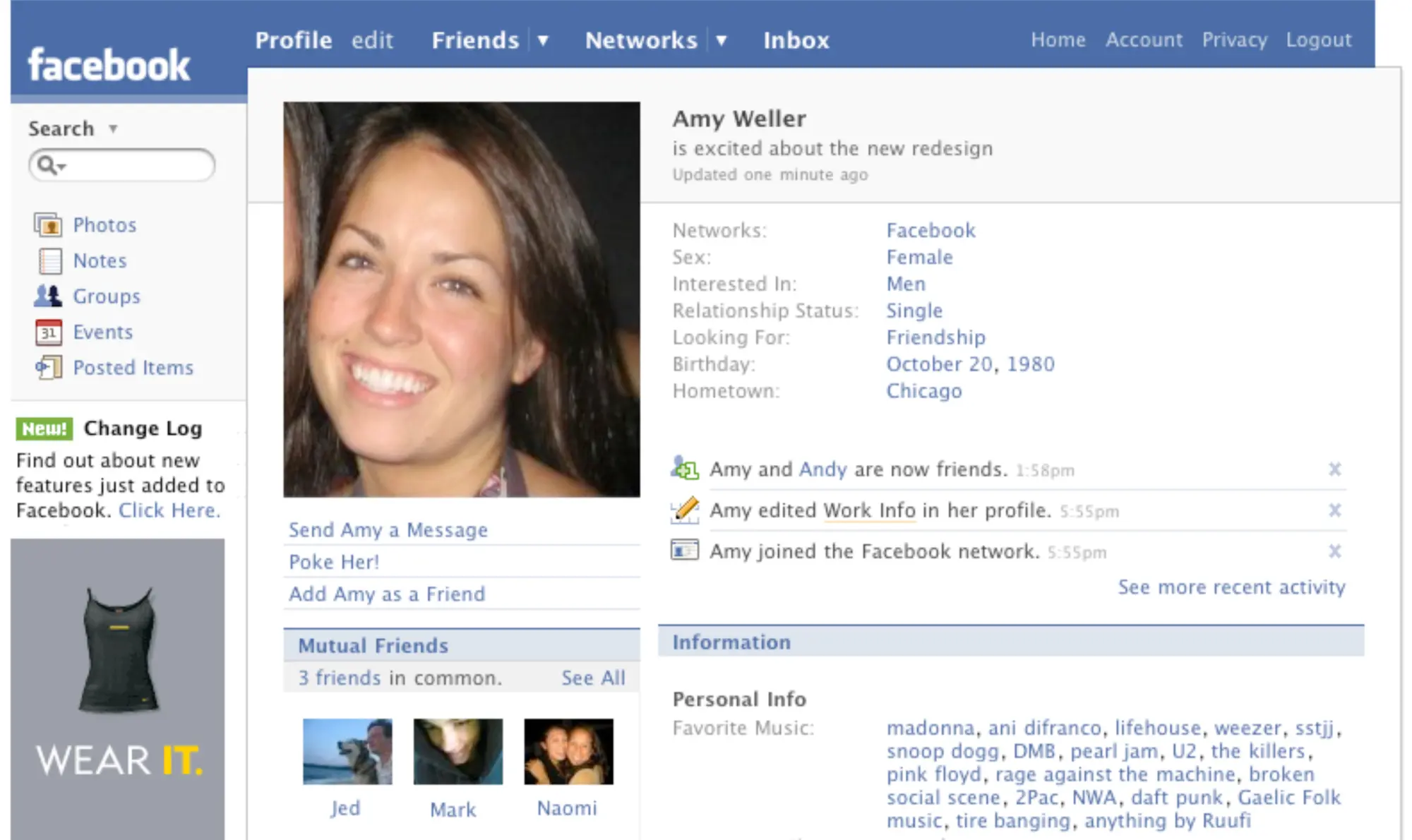
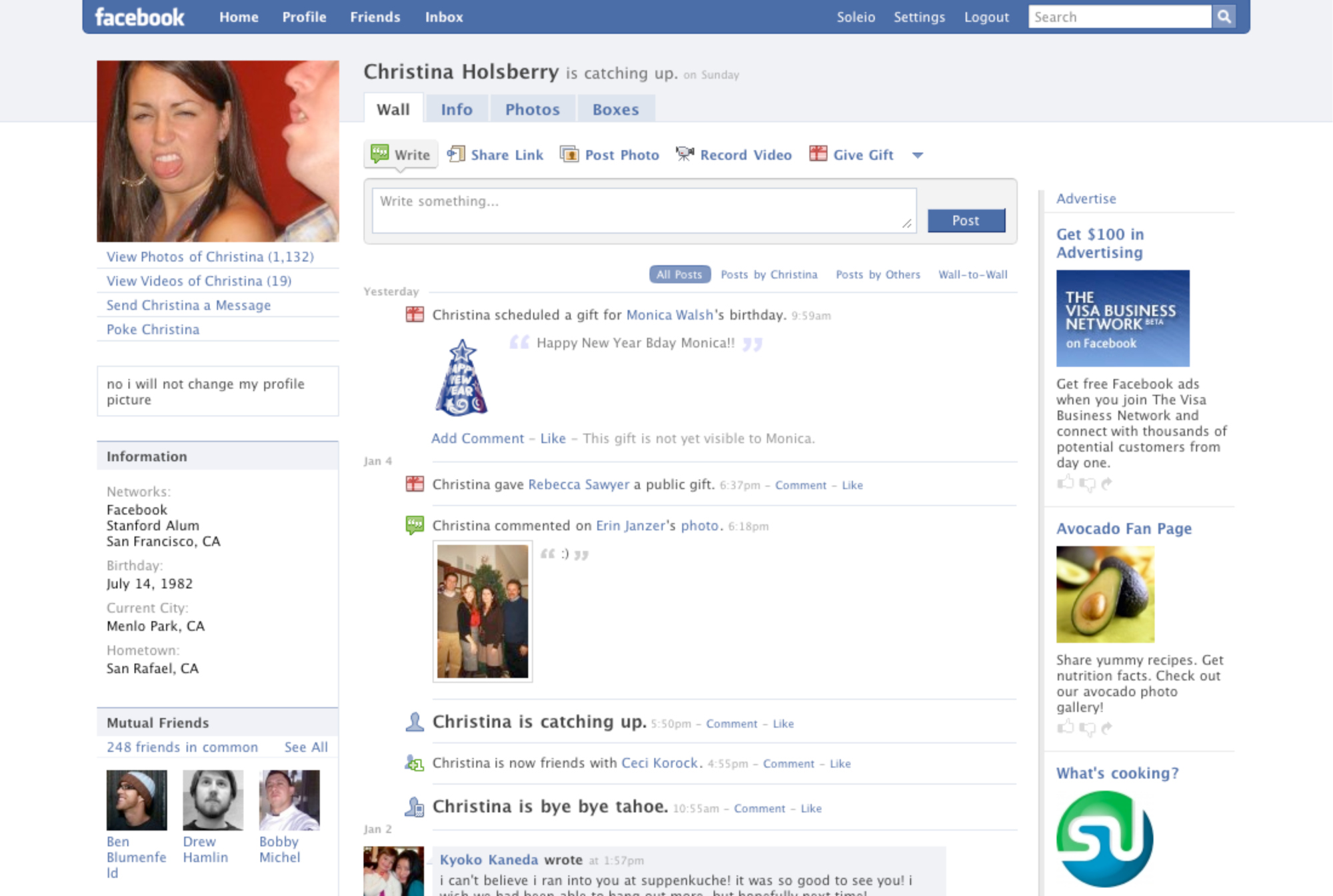
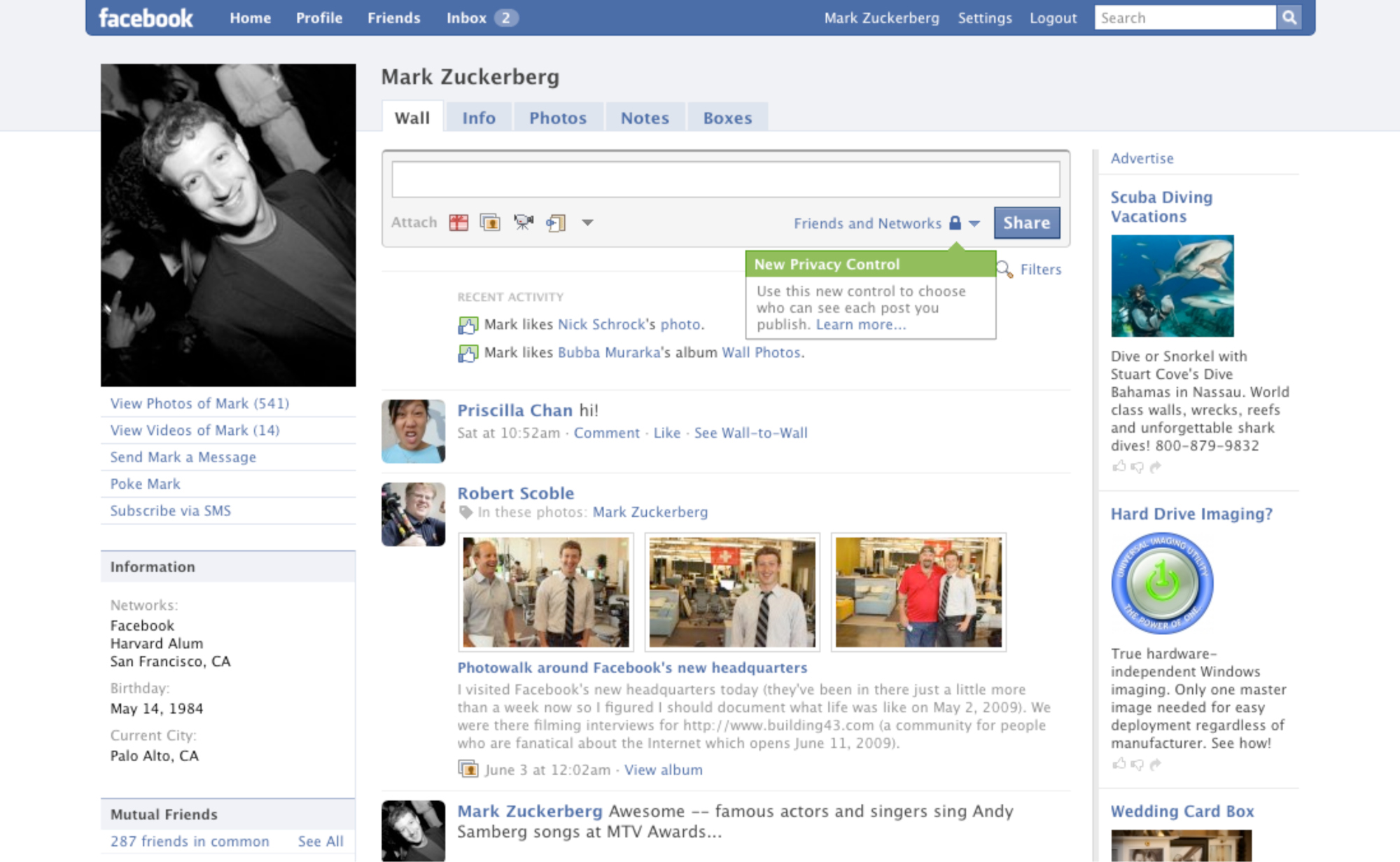
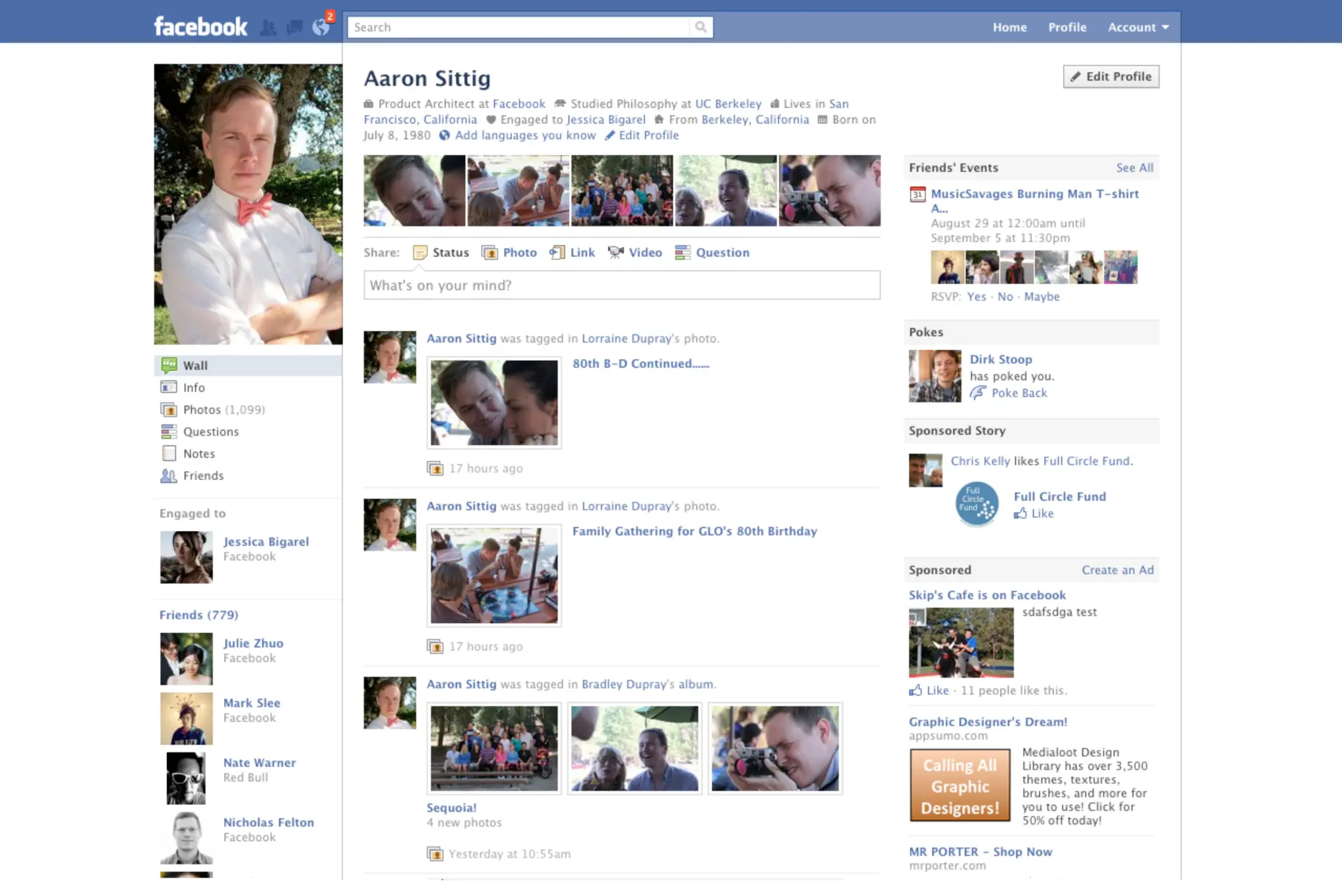
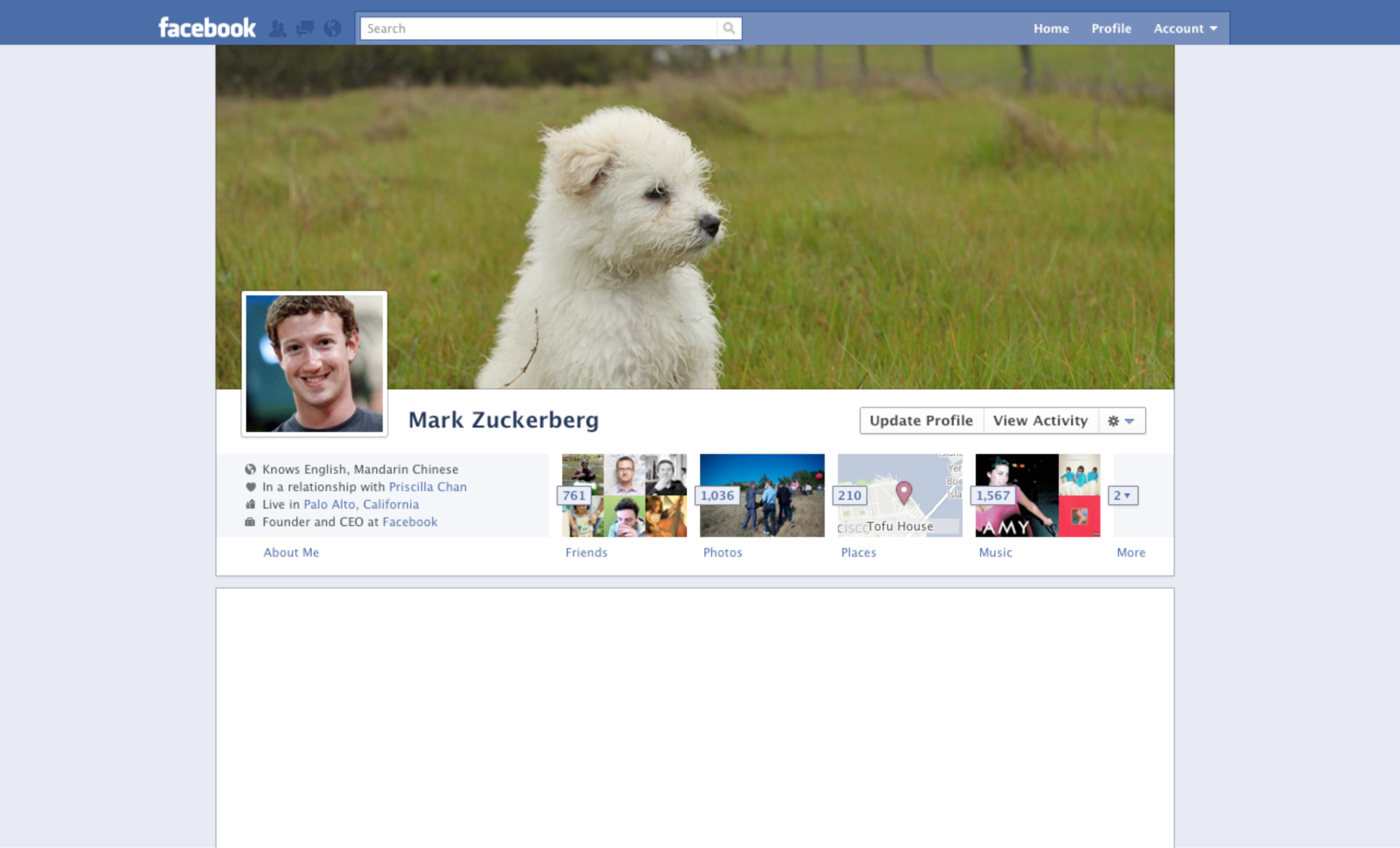
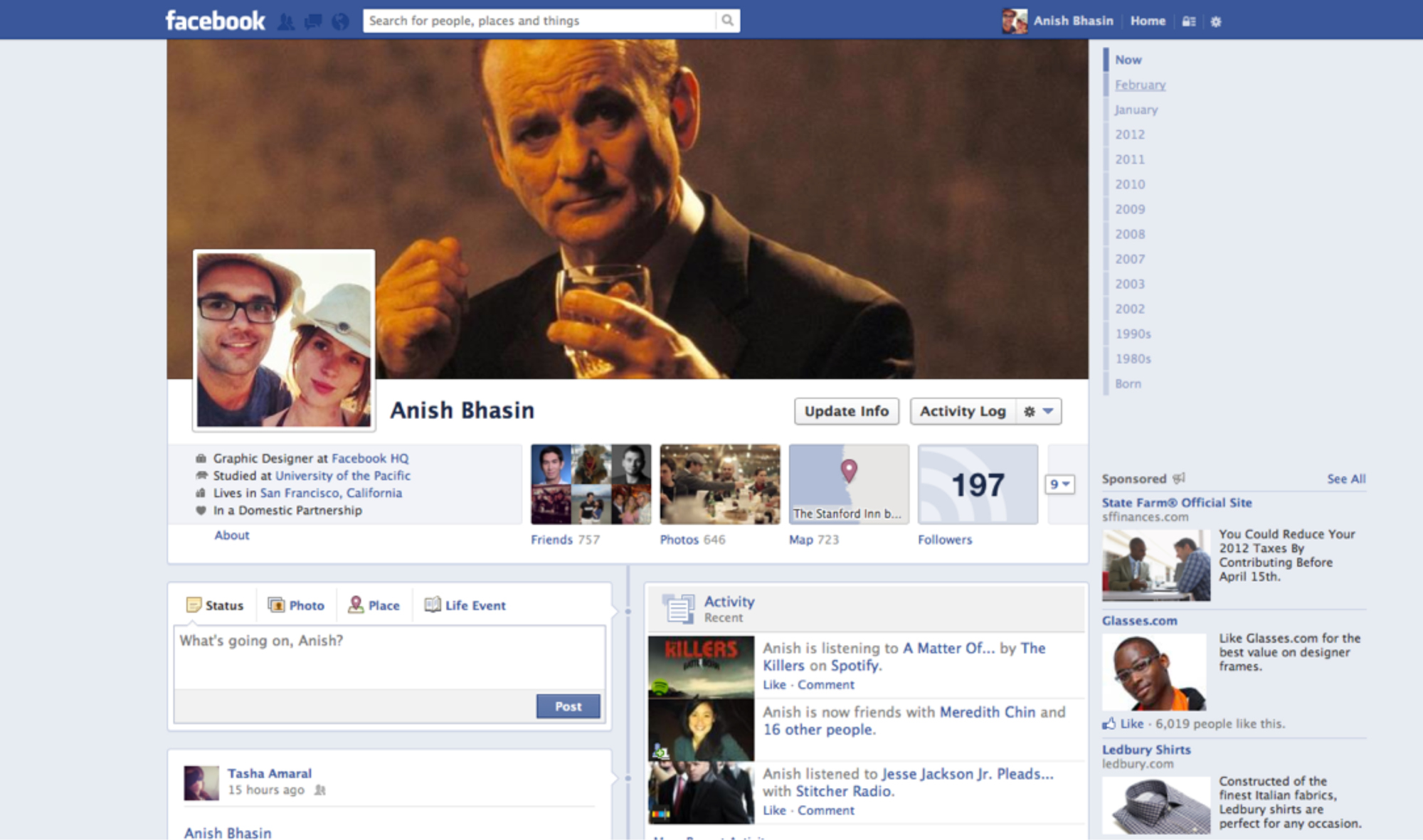
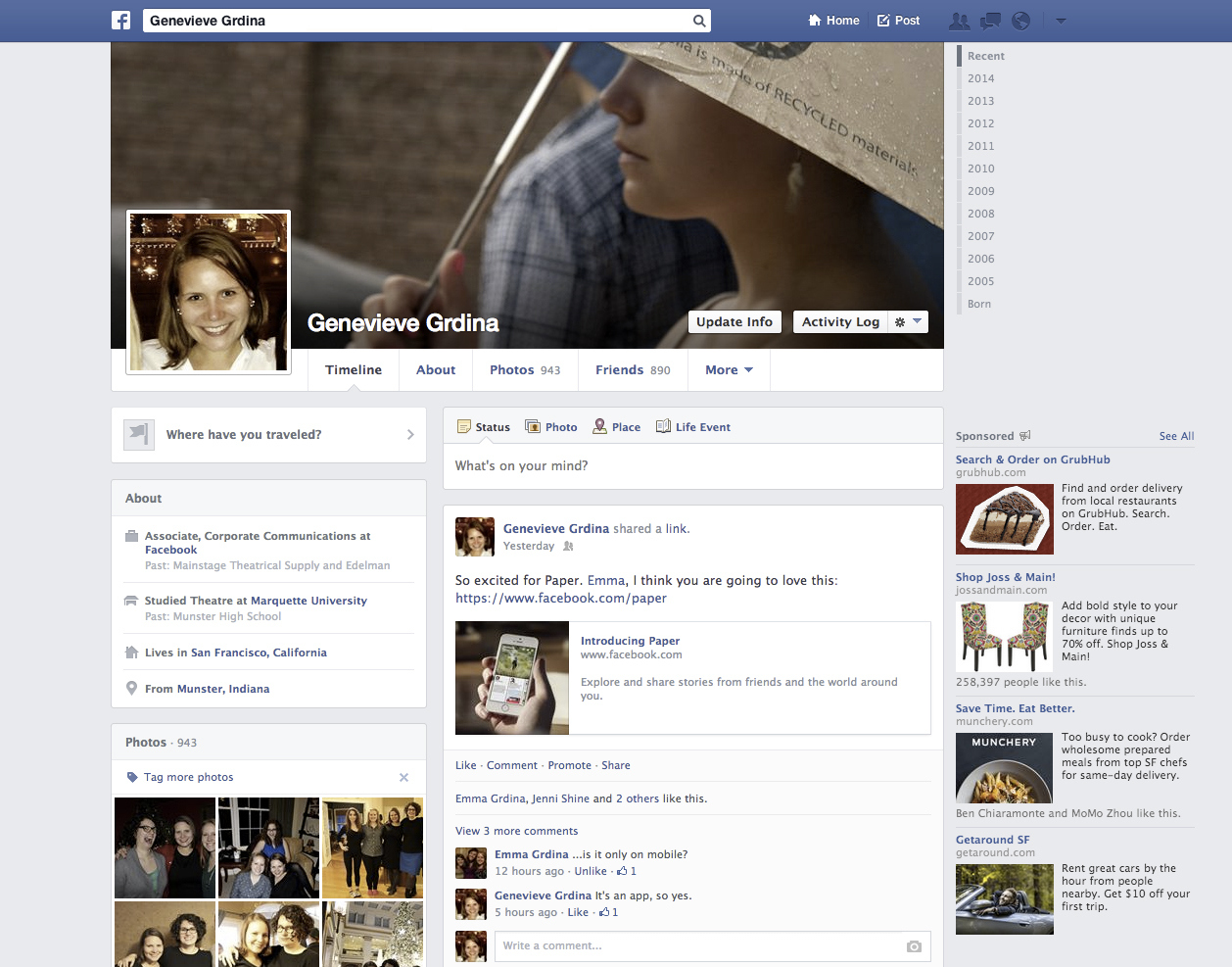
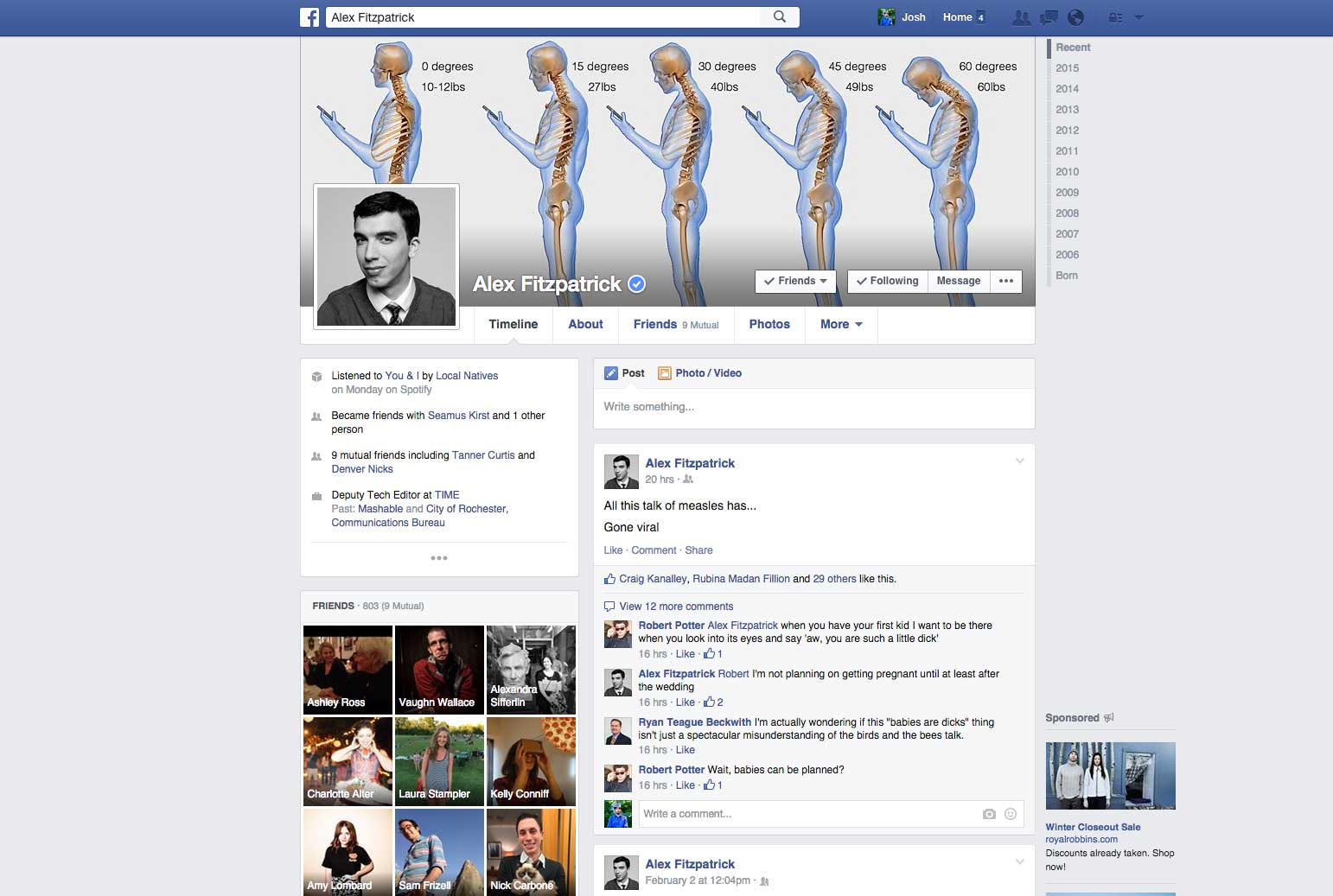
Ever since the Like button launched in 2009, the blue thumbs-up icon has become a symbol recognizable by nearly anyone who’s used the Internet. But the Like button’s mega-popularity also resulted in something that wasn’t so stellar: Like Anxiety, which strikes when your posts aren’t getting as many Likes as you think they deserve. While the Like button has made it easier to quickly express emotion on Facebook, Like Anxiety has turned the platform into a popularity contest and insecurity hotbed.
Now try imagining posting about something emotionally crippling — say, the passing of a loved one — and not getting enough “Sympathize” clicks. While most of us can get over when a positive post’s Likes plateau too soon, it would be far harder to move past our sadder missives getting Sympathy-snubbed. Hitting Sympathize is literally the least your friends could do for you in your time of need. If they didn’t click, that would feel pretty awful — you might even start checking which of your friends hit “Sympathize” and which didn’t bother, which wouldn’t be healthy for your friendships.
Facebook’s core mission, as Zuckerberg has put it, is promoting meaningful communications. That goal helps explain why Facebook Messenger was pushed into its own standalone mobile app and why disabling read receipts isn’t an option. Both moves are meant to encourage us to respond to our friends more quickly.
But if Facebook adds a Sympathize button, it would actually make our conversations less meaningful. How? It would override the only way to currently express sympathy on Facebook: Writing a personal comment to a friend, even if it’s only a few words.
The reality, then, is that ‘Sympathize’ is already on Facebook. So is “Dislike.” And “Love.” And “Thanks” — and any other emotion. They’re just not buttons. You have to write those emotions out yourself, and that surely means more than any button ever could.
More Must-Reads from TIME
- Donald Trump Is TIME's 2024 Person of the Year
- Why We Chose Trump as Person of the Year
- Is Intermittent Fasting Good or Bad for You?
- The 100 Must-Read Books of 2024
- The 20 Best Christmas TV Episodes
- Column: If Optimism Feels Ridiculous Now, Try Hope
- The Future of Climate Action Is Trade Policy
- Merle Bombardieri Is Helping People Make the Baby Decision
Contact us at letters@time.com